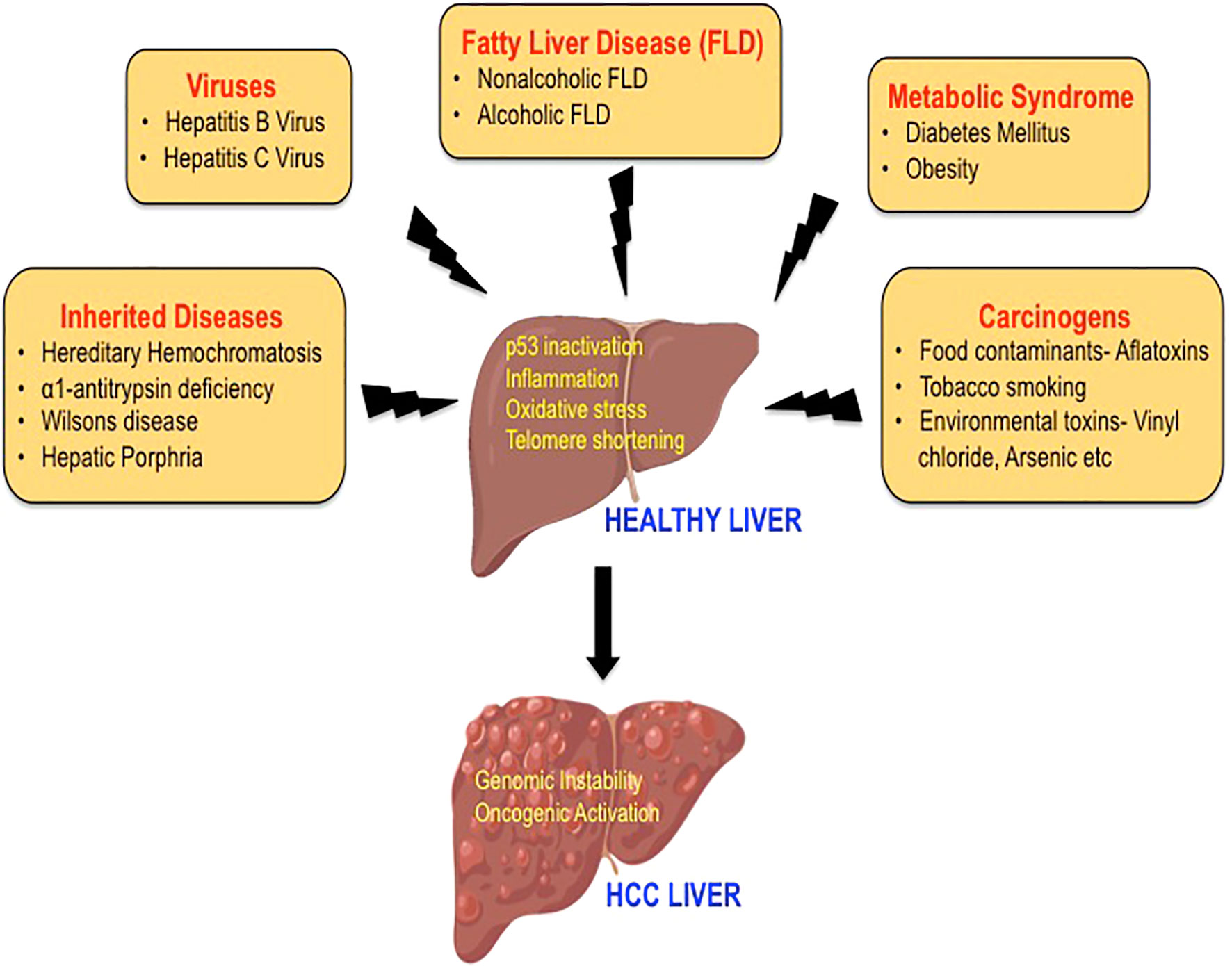How To Rent A Xanax Thailand Without Spending An Arm And A Leg
페이지 정보

본문
 Introduction:
Introduction:Marijuana, also referred to as cannabis or grass, is one of the most trusted illicit medications globally. With an increasing push for legalization in many countries, it is vital to know the possibility dangers related to cannabis addiction. This report is designed to supply a comprehensive breakdown of cannabis addiction, showcasing its impacts on people and society.
Marijuana Addiction: Definition and Prevalence:
Marijuana addiction, often referred to as cannabis use disorder (CUD), is a disorder described as an individual's compulsive marijuana usage despite experiencing unfavorable effects. Based on the World drug rehab Thailand Report 2021 published because of the un workplace on Drugs and Crime, approximately 5.7 million people global undergo marijuana disorders. This staggering figure emphasizes the need to address this developing concern.
 Emotional and Bodily Issues:
Emotional and Bodily Issues:The psychoactive mixture in cannabis, delta-9-tetrahydrocannabinol (THC), affects the brain's reward system, resulting in addictive habits. Continuous marijuana use could cause different psychological impacts including impaired memory, diminished concentration, and changed view. In addition, physical impacts include respiratory problems, increased heartbeat, and prospective lung damage from cigarette smoking.
Dependency and Withdrawal Warning Signs:
Regular marijuana use can result in dependency, with people experiencing withdrawal signs upon cessation. These symptoms may include frustration, anxiety, sleeplessness, lack of appetite, and intense cravings for marijuana. The severity and duration of detachment signs can differ with regards to the standard of addiction and individual factors.
Effect on Mental Health:
Marijuana addiction is normally associated with psychological state dilemmas. Studies have shown a heightened threat of developing psychological health problems including depression, anxiety, and psychosis among heavy cannabis users. Moreover, people who have pre-existing psychological state conditions can experience worsened signs because prolonged cannabis usage, exacerbating their particular general well being.
Social Ramifications:
Marijuana addiction not just impacts individuals but has broader personal implications also. Prolonged marijuana usage can lead to impaired cognitive performance, influencing academic and occupational overall performance. Additionally, addiction can stress interactions with pals, household, and peers, ultimately causing social separation. It could may also increase the probability of engaging in dangerous actions and unlawful activities, more impacting societal well being.
Treatment and Intervention:
Treating cannabis addiction typically requires a combination of behavioral interventions, guidance, and support groups. Cognitive-behavioral treatment (CBT) can be utilized to help individuals know triggers, develop coping techniques, and change addicting behaviors. Also, inspirational interviewing and community-based programs can offer important support through the recovery process.
Conclusion:
Marijuana addiction is a concerning issue that demands interest from health care providers, policymakers, and culture all together. It is crucial to recognize the possibility dangers of cannabis use, specially the growth of addiction. Marketing public awareness, early input, and access to efficient treatment plans are crucial steps in mitigating the bad effects of marijuana addiction. Only by addressing this issue comprehensively can we work towards a healthier and much more well-informed society.
- 이전글High Actual Cash Casino Sites And Apps For NV 24.01.11
- 다음글7 Secrets: How To use Addiction Rehab Thailand To Create A Successful Business(Product) 24.01.11
댓글목록
등록된 댓글이 없습니다.